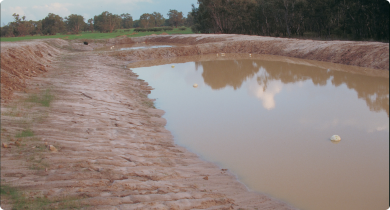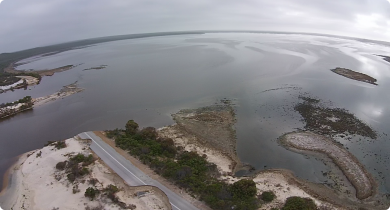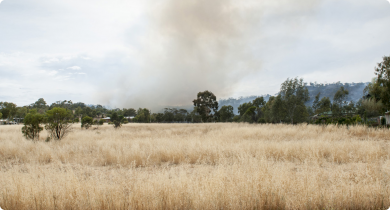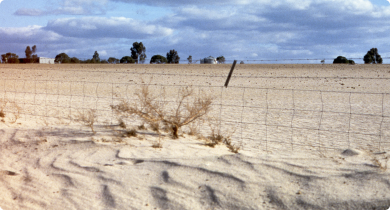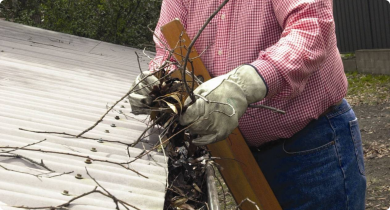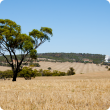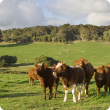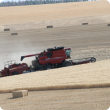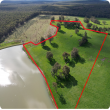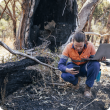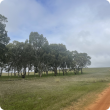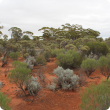Climate, land & water
Western Australia’s agriculture sector needs access to productive soil and water resources for growth and profit. However, the sector must compete with increasing resource demands from all sectors of the community, and the pressures of a changing climate. The Agriculture and Food division of the Department of Primary Industries and Regional Development supports agriculture by providing long-term management solutions, practical risk management strategies and tools to maintain and improve resource conditions, to meet the needs of industry and stakeholders. Agriculture and Food is also pioneering soil and water investigation of the state’s undeveloped areas to establish new irrigated agricultural industries.
Filter by search
Filter by topic
- (-) Remove Carbon Farming - related pages filter Carbon Farming - related pages
- (-) Remove Land use filter Land use
- Climate change (2) Apply Climate change filter
- Climate & weather (2) Apply Climate & weather filter
- New horticulture crops (1) Apply New horticulture crops filter
- Rangelands (1) Apply Rangelands filter
- Soils (1) Apply Soils filter
- Measuring and assessing soils (1) Apply Measuring and assessing soils filter
- Grains (1) Apply Grains filter
- Canola (1) Apply Canola filter
- Crops (1) Apply Crops filter
- Horticulture (1) Apply Horticulture filter
- Livestock & animals (1) Apply Livestock & animals filter

